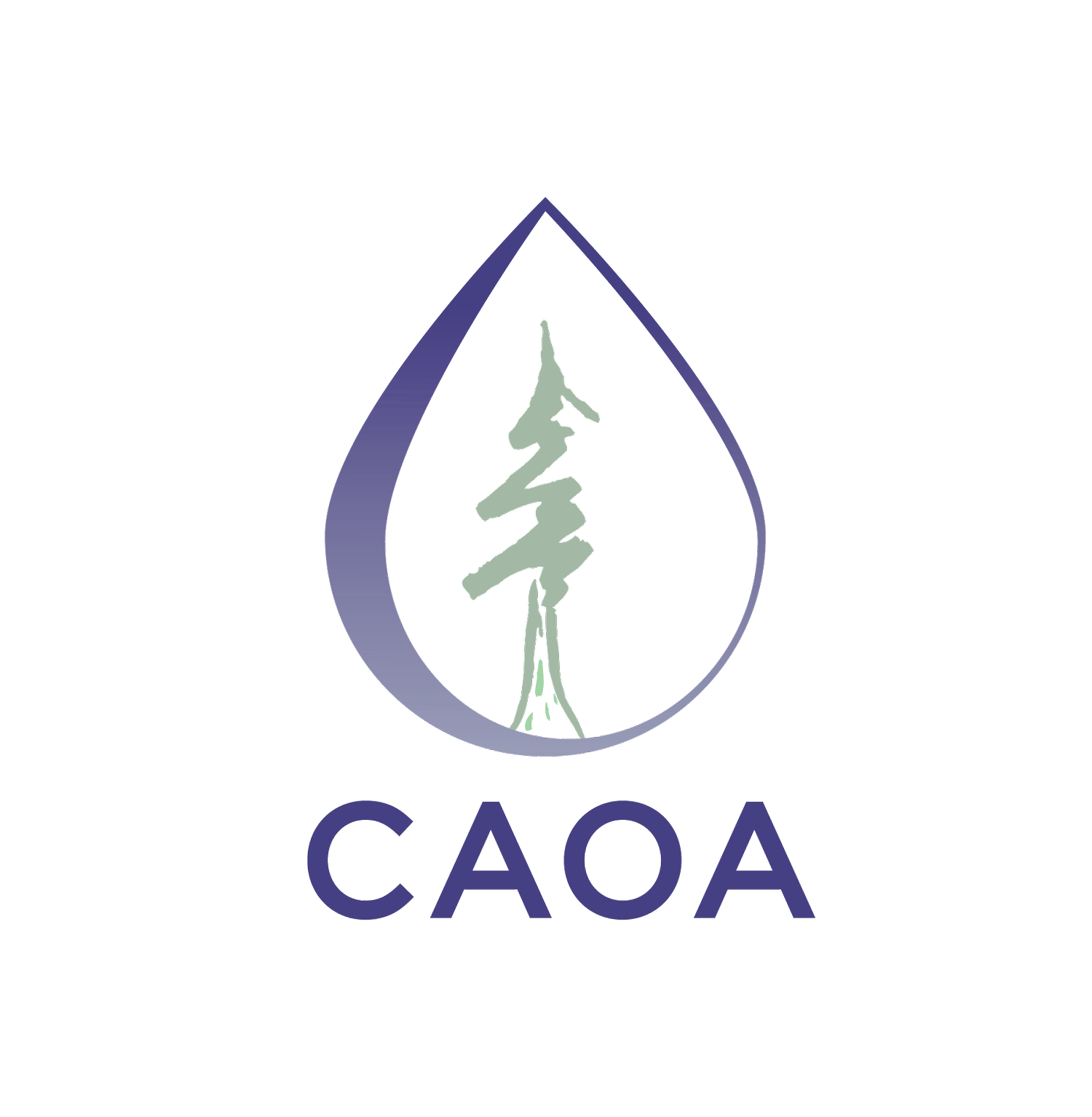Navigating the Natural Health Products Regulations: A Guide for Professional Aromatherapists
By Kathleen Jaggassar
Canada's Natural Health Products Regulations (NHPR) significantly impact aromatherapists, especially those who create and sell products. This guide will help you understand the key points and how they affect your practice.
Understanding the Basics
The NHPR primarily regulates products intended to treat, prevent, or diagnose disease or to maintain or improve health, not cosmetic applications (more on that below). While essential oils aren't regulated as drugs, their therapeutic use falls under the NHPR.
Key impacts for aromatherapists:
Product Labeling: Pre-blended essential oil products must adhere to strict labeling requirements, including ingredient lists, health claims, and safety information.
Health Claims: Making therapeutic claims about essential oils necessitates scientific evidence and compliance with specific guidelines.
Professional Practice: Aromatherapists must stay informed about the NHPR to ensure compliance when providing advice or recommendations.
Product Sourcing: Sourcing essential oils from reputable suppliers is crucial to guarantee quality and safety.
Health Canada has developed a monograph for Aromatherapy preparation of Product Licence Applications (PLAs) and labels for natural health product market authorization.
The Difference Between Cosmetics and Natural Health Products
A key distinction lies in the intended use and claims made about the product.
Cosmetic Applications:
Intent: Primarily for external use, such as skincare, hair care, or fragrance.
Claims: Focus on sensory properties like scent, texture, or appearance.
Regulation: Typically regulated under less stringent cosmetic regulations.
Find out more about how Canada regulates cosmetics here.
Natural Health Products:
Intent: To treat, prevent, or diagnose disease or to maintain or improve health.
Claims: May make therapeutic claims, such as "relieves stress" or "promotes relaxation."
Regulation: Subject to stricter regulations under the NHPR.
Find out more about NHPR here.
Impact on Private Practice
While the NHPR regulates product sales of Natural Health Products, it can indirectly impact aromatherapists in private practice:
Therapeutic Claims: Avoid exaggerated claims and encourage clients to consult with healthcare professionals for medical advice.
Product Labeling and Safety: Ensure clear labeling with accurate ingredient information and usage instructions, and advise clients about potential allergies and sensitivities. Refer to the monograph prepared by Health Canada for guideance.
Professional Conduct: Adhere to ethical guidelines and professional standards and stay updated on the latest research and regulations.
Conclusion
By understanding the NHPR, aromatherapists can navigate the regulatory landscape and ensure compliance while providing safe and effective aromatherapy services. Remember to prioritize client well-being, avoid unsubstantiated claims, and stay informed about the evolving regulations.
Disclaimer: The information provided in this blog post is intended for general knowledge and informational purposes only and does not constitute legal advice. It is not a substitute for professional legal advice. Always consult with a qualified attorney or legal professional for advice tailored to your specific circumstances. The author and publisher of this blog post disclaim all liability for any direct or indirect losses or damages caused by reliance on the information contained herein.

